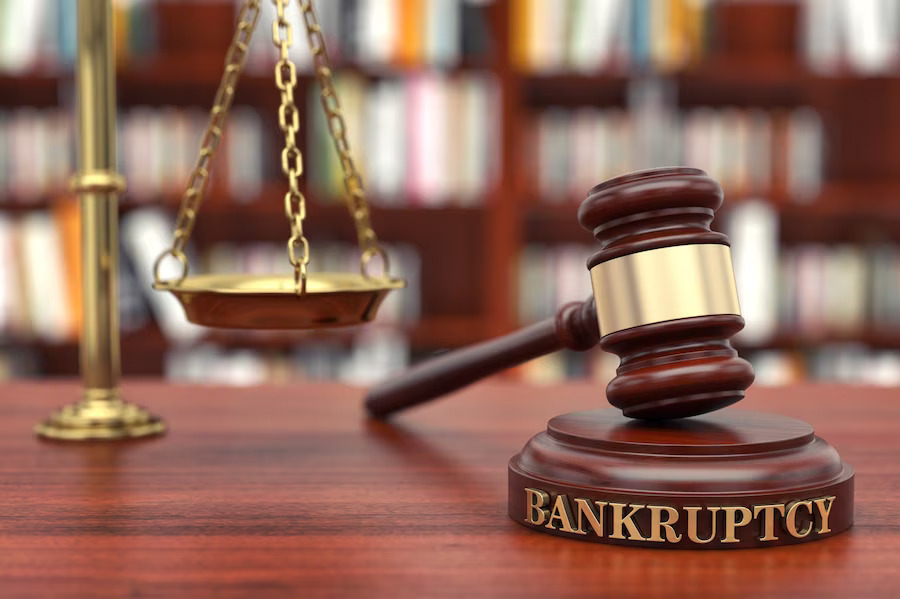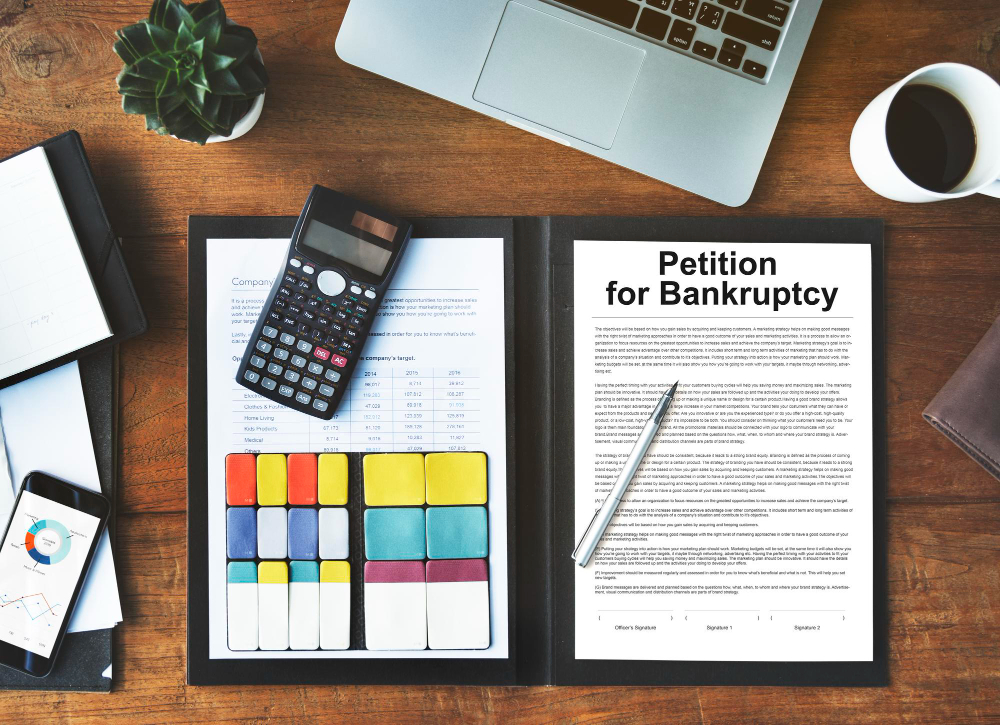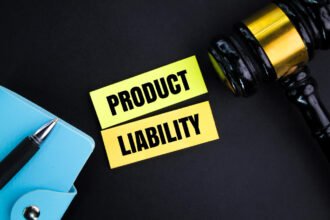Navigating the Storm: A Comprehensive Guide to Bankruptcy
- 1 Types of Bankruptcy
- 1.1 Chapter 7 Bankruptcy
- 1.1.1 Eligibility Criteria:
- 1.1.2 Liquidation Process:
- 1.1.3 Discharge of Debts:
- 1.2 Chapter 13 Bankruptcy
- 1.2.1 Eligibility Criteria:
- 1.2.2 Repayment Plan:
- 1.2.3 Debt Discharge:
- 1.3 Chapter 11 Bankruptcy
- 2 The Bankruptcy Filing Process
- 2.1 Assessing the Financial Situation
- 2.2 Finding the Right Attorney
- 2.3 Gathering Necessary Documents
- 2.4 Filing the Bankruptcy Petition
- 2.5 The Automatic Stay
- 3 Pros and Cons of Bankruptcy
- 3.1 Debt Relief:
- 3.2 Protection from Creditors:
- 3.3 Fresh Financial Start:
- 3.4 Impact on Credit Score:
- 3.5 Public Record:
- 3.6 Limited Access to Credit:
- 4 Alternatives to Bankruptcy
- 5 Bankruptcy and Its Effect on Assets
- 6 Life After Bankruptcy
- 6.1 Rebuilding Credit
- 6.2 Budgeting and Financial Planning
- 6.3 Securing New Credit
- 6.4 Bankruptcy Myths and Misconceptions
- 6.5 Seeking Professional Help
- 7 Conclusion
In times of financial hardship, bankruptcy can be both a lifeline and a daunting prospect. Understanding bankruptcy and its implications is crucial for individuals and businesses alike.
This comprehensive guide aims to shed light on the various aspects of bankruptcy, its types, the filing process, pros and cons, alternatives, asset protection, life after bankruptcy, myths, and the importance of seeking professional help.
Types of Bankruptcy
Chapter 7 Bankruptcy
Chapter 7 bankruptcy, or “liquidation bankruptcy,” provides a fresh start for debt-ridden individuals and businesses. It involves the sale of non-exempt assets to repay creditors. The key points to consider are:
Eligibility Criteria:
Chapter 7 bankruptcy is not available to everyone. To assess eligibility means testing examines a debtor’s earnings and outgoings.
Liquidation Process:
Following state-specific exemption laws, a court-appointed trustee sells non-exempt assets to repay creditors.
Discharge of Debts:
Upon completion of the liquidation process, remaining eligible debts are discharged, freeing the debtor from personal liability.
Chapter 13 Bankruptcy
Chapter 13 bankruptcy, also known as “reorganization bankruptcy,” enables debtors to create a repayment plan to settle their debts over a specified period (usually three to five years). The key points to consider are:
Eligibility Criteria:
Debtors must have a reliable source of income to qualify for Chapter 13 bankruptcy.
Repayment Plan:
Debtors collaborate with their solicitors to develop a repayment strategy that the court must approve.
Debt Discharge:
Upon completing the repayment plan, remaining eligible debts are discharged, offering debtors a path to financial stability.
Chapter 11 Bankruptcy
Chapter 11 bankruptcy is primarily designed for businesses, allowing them to reorganize their debts while continuing operations. The key points to consider are:
Eligibility Criteria:
Chapter 11 is available to corporations, partnerships, and individuals with substantial debts.
Restructuring Process:
Debtors propose a reorganization plan to creditors to reduce debts and establish a sustainable repayment plan.
Reorganization and Debt Discharge:
Once the court approves the plan and the creditors’ votes, the business can continue its operations while adhering to the restructured repayment terms.
The Bankruptcy Filing Process
Filing for bankruptcy requires careful consideration and adherence to specific procedures. The process involves the following steps:
Assessing the Financial Situation
Debtors must evaluate their financial situation and explore alternative options before bankruptcy. Seeking advice from a financial advisor or credit counselor is beneficial at this stage.
Finding the Right Attorney
An experienced bankruptcy attorney is instrumental in guiding debtors through the complex legal process, ensuring all paperwork is accurate and filed correctly.
Gathering Necessary Documents
Debtors must gather and organize financial documents, such as tax returns, income records, debt information, and asset details, to support the bankruptcy petition.
Filing the Bankruptcy Petition
The official bankruptcy petition is filed with the bankruptcy court. Once filed, an automatic stay is initiated, halting all collection actions from creditors.
The Automatic Stay
The automatic stay is a critical feature of bankruptcy that provides immediate relief to debtors. It suspends all creditor actions, including foreclosure, repossession, and wage garnishment.
Pros and Cons of Bankruptcy
Advantages of Bankruptcy
Debt Relief:
Bankruptcy offers significant relief by eliminating or reducing eligible debts, allowing debtors to regain financial stability.
Protection from Creditors:
The automatic stay provides a much-needed breather from creditor harassment and legal actions.
Fresh Financial Start:
Bankruptcy enables individuals and businesses to start anew with a clean financial slate.
Disadvantages of Bankruptcy
Impact on Credit Score:
Bankruptcy severely impacts credit scores, making it challenging to obtain credit in the short term.
Public Record:
Bankruptcy is a matter of public record, which can affect personal and professional reputations.
Limited Access to Credit:
Securing new credit after bankruptcy may involve higher interest rates and stricter terms.
Alternatives to Bankruptcy
Bankruptcy should be considered as a last resort. Some alternatives include:
Debt Consolidation
Debt consolidation involves combining multiple debts into a more manageable payment, often at a lower interest rate.
Debt Settlement
Debt settlement involves negotiating with creditors to settle debts for less than the total amount owed.
Credit Counseling
Credit counseling agencies guide budgeting and financial management to help debtors repay their debts more effectively.
Negotiating with Creditors
Open communication with creditors may lead to revised repayment terms or hardship programs, avoiding bankruptcy altogether.
Bankruptcy and Its Effect on Assets
Understanding how bankruptcy affects assets is essential to protect one’s property.
Exempt vs. Non-Exempt Assets
Bankruptcy law allows debtors to exempt certain assets from liquidation, safeguarding them from being sold to repay creditors.
Protecting Assets in Bankruptcy
Debtors should consult their attorneys to maximize exemption allowances and protect assets throughout bankruptcy.
Life After Bankruptcy
Bankruptcy is not the end; it’s a fresh start. To rebuild financial health, debtors should consider the following:
Rebuilding Credit
Responsible financial behavior, such as timely bill payments and responsible credit use, will help rebuild credit over time.
Budgeting and Financial Planning
Creating and sticking to a realistic budget is essential for managing finances effectively.
Securing New Credit
Secured credit cards and small loans can be stepping stones toward regaining creditworthiness.
For additional resources and expert advice on making a successful financial recovery after bankruptcy, check out the Guides delineated by our friends at eXp. These guides provide valuable insights into rebuilding your financial future and making sound decisions for a more stable tomorrow.
Bankruptcy Myths and Misconceptions
Misunderstandings about bankruptcy are prevalent. Debunking these myths is crucial to making informed decisions. Addressing common misconceptions, such as the belief that bankruptcy means losing everything, is essential. Breaking down stereotypes associated with bankruptcy can empower debtors to explore the best financial options for their situations.
Seeking Professional Help
Navigating bankruptcy alone is challenging. Seeking professional assistance from financial advisors, credit counselors, and experienced bankruptcy attorneys is invaluable.
Financial advisors can provide personalized guidance and offer alternatives to bankruptcy.
Credit counselors can create tailored plans to help debtors repay their debts more effectively.
An experienced bankruptcy attorney can ensure debtors adhere to legal requirements and maximize their bankruptcy benefits.
Conclusion
Navigating bankruptcy is undoubtedly challenging, but understanding the process and exploring alternative options can ease the burden. Bankruptcy offers debt relief and a fresh start, but weighing its impact on credit and considering alternatives before proceeding is essential.
For those looking to secure their financial future and protect their loved ones, life insurance consulting can play a crucial role. Understanding the importance of life insurance and how it can benefit you and your family is essential for comprehensive financial planning.
To learn more about life insurance consulting and its potential benefits, explore our in-depth guide on “The Importance of Life Insurance Consulting and How It Can Benefit You” right here.
Seek professional guidance to make the best decision for your unique financial situation and take the necessary steps toward rebuilding your financial future.




















